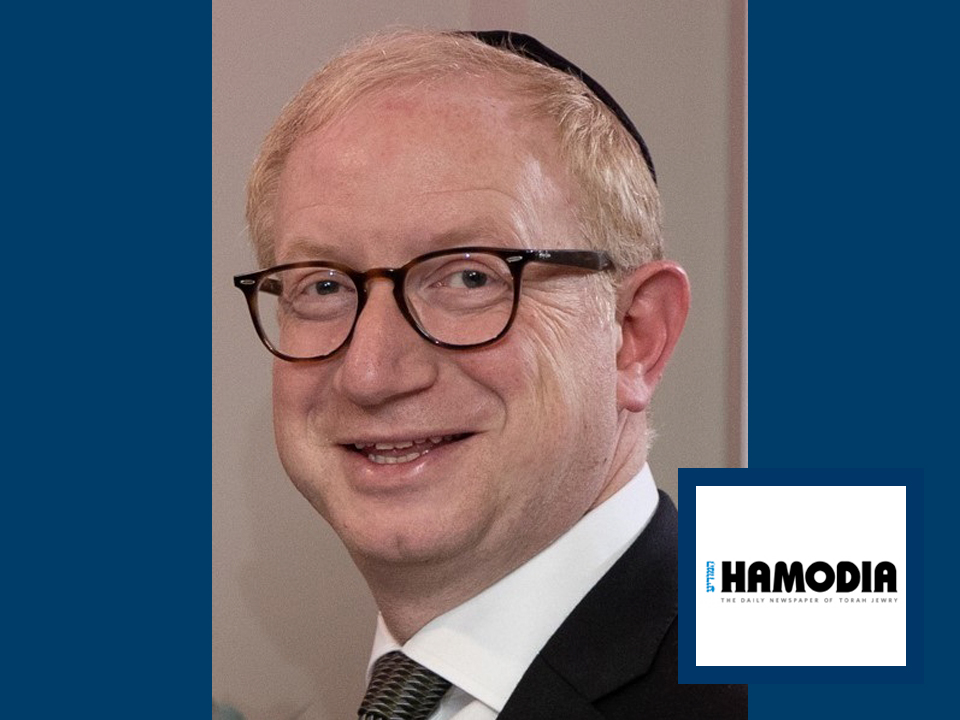


Thanks to the Hamodia for featuring this article.
Meir Plancey, Camp Simcha’s co-founder, is calling on the Jewish community to dig deep for the charity’s first match-funding campaign in two years.
Mr Plancey, who together with his wife Rachely incorporated the charity formally in 1995 – says Camp Simcha’s services have “expanded tremendously” since its inception thanks to the community’s generosity.
Initially Mr and Mrs Plancey supported 7 families each with a child with cancer, working from their kitchen table in Golders Green. Now Camp Simcha supports 1,400 family members annually in London, Manchester, Gateshead and in many other parts of the UK where Jewish families can be found. The families Camp Simcha supports are coping with over 50 different serious childhood illnesses. While Mrs Plancey heads up the family liaison team, her husband is a trustee of the constantly evolving organisation.
“We started off only dealing with children with cancer and now we have all the other life-threatening, life-changing and serious, chronic medical conditions, including very premature babies and, most recently, serious mental health conditions. We keep assessing the needs of the community to see are they being met,” said Mr Plancey, a finance broker.
Everyone is feeling the inflationary pressure at the moment, but Mr Plancey explained that for families dealing with serious illness that pressure can be even greater.
“People are going through very tough times, but this is when Camp Simcha support is needed most,” said Mr Plancey, the son of Rabbi Alan Plancey, formerly Rabbi of Borehamwood & Elstree Synagogue for more than 30 years.
“We’ve got an amazing team that delivers exceptional and bespoke support services to families. We have the family liaison officers (FLOs) who identify the needs of each and every family depending on their circumstances.
“We have an unbelievable ‘Big Brother, Big Sister’ programme where volunteers go into the children’s homes each week and support the ill child or help the siblings. That has a huge impact.
“We have UK based residential retreats for families which is a respite from their stressful lives. It also gives them the opportunity to share experiences, which is both practical and offers emotional support from just from being there.”
Hospital transportation is also a key service, Mr Plancey explained.
“When you’ve got a child with a serious illness the last thing you want is to expose them to long, difficult journeys on public transport. Some of the children have immuno-compromised conditions so a transport service is a lifeline.”
In addition, respite care, counselling and therapeutic support make a vital difference – while outings and parties bring a much-needed emotional boost to families.
However, the need for funding is “paramount,” he added. “Camp Simcha receives no Government funding. Without community support, we would be unable to meet the needs of families and deliver our services.”